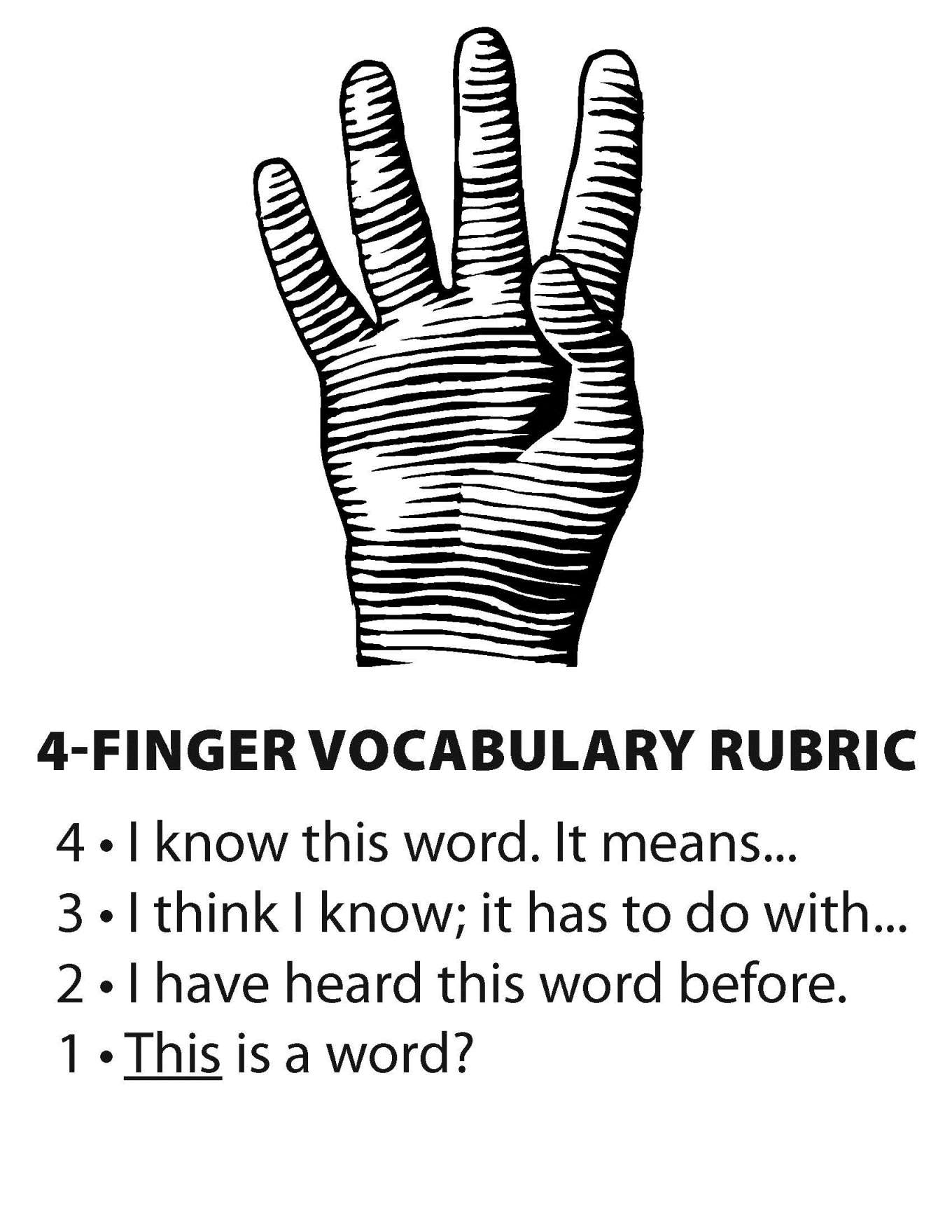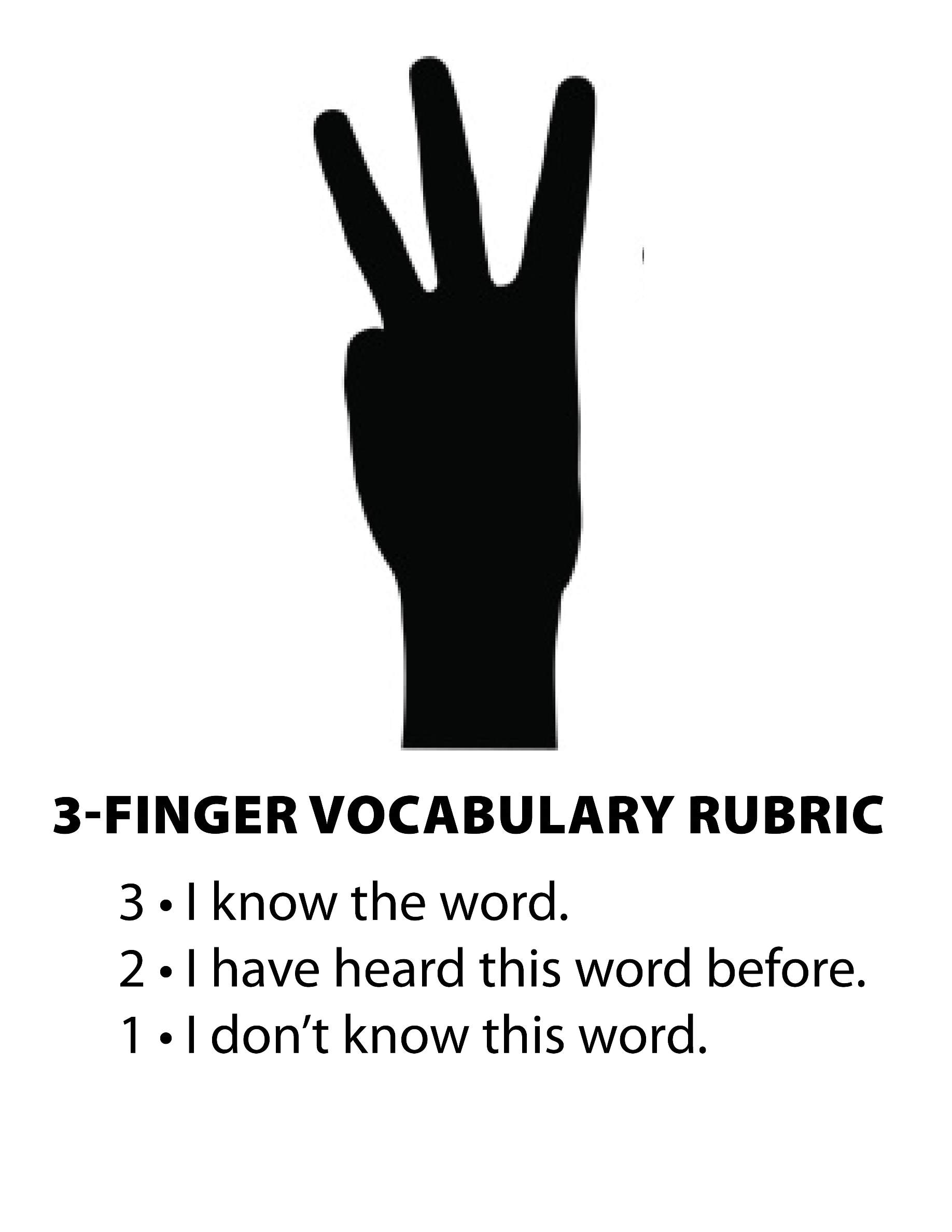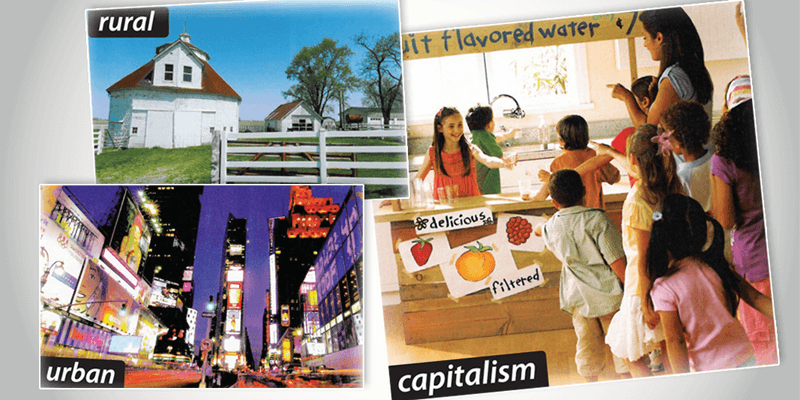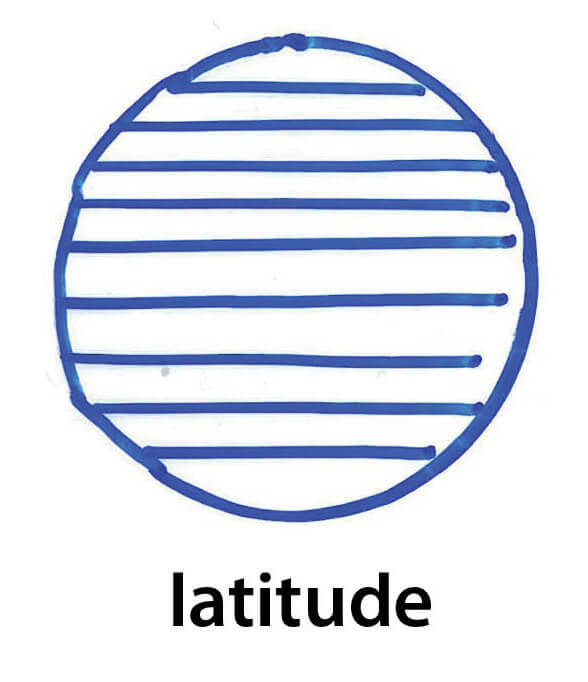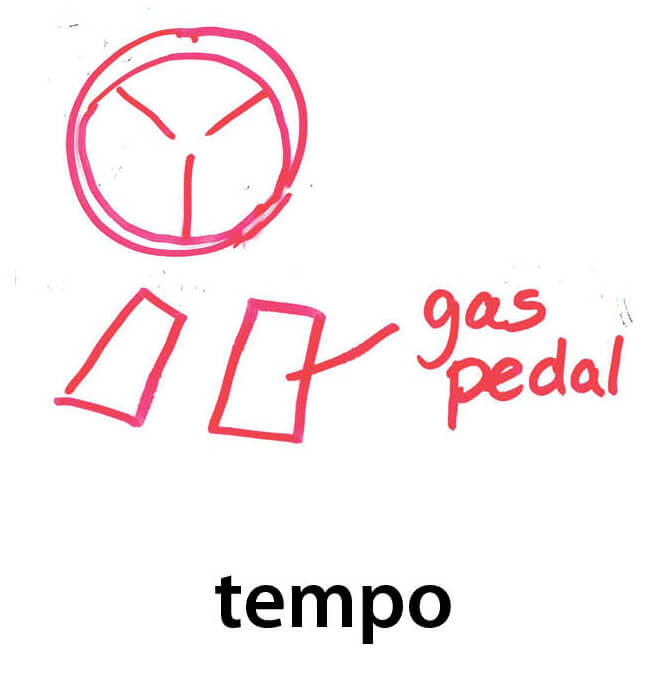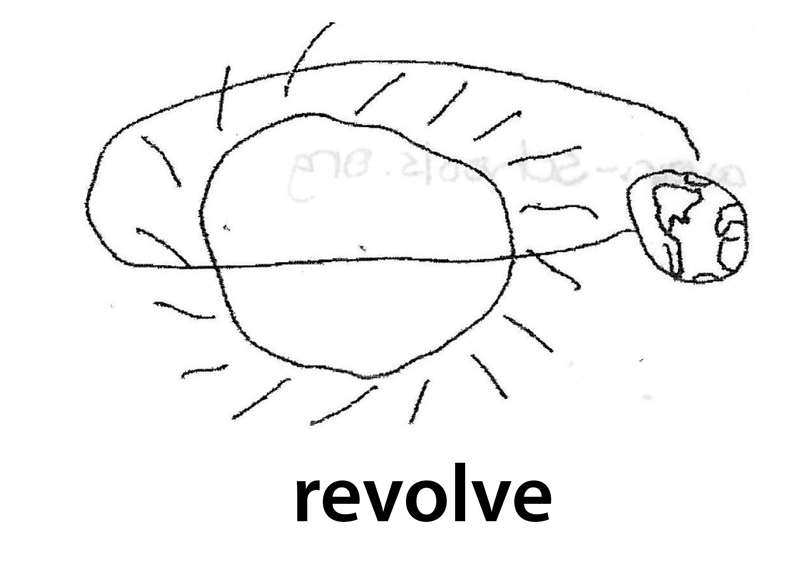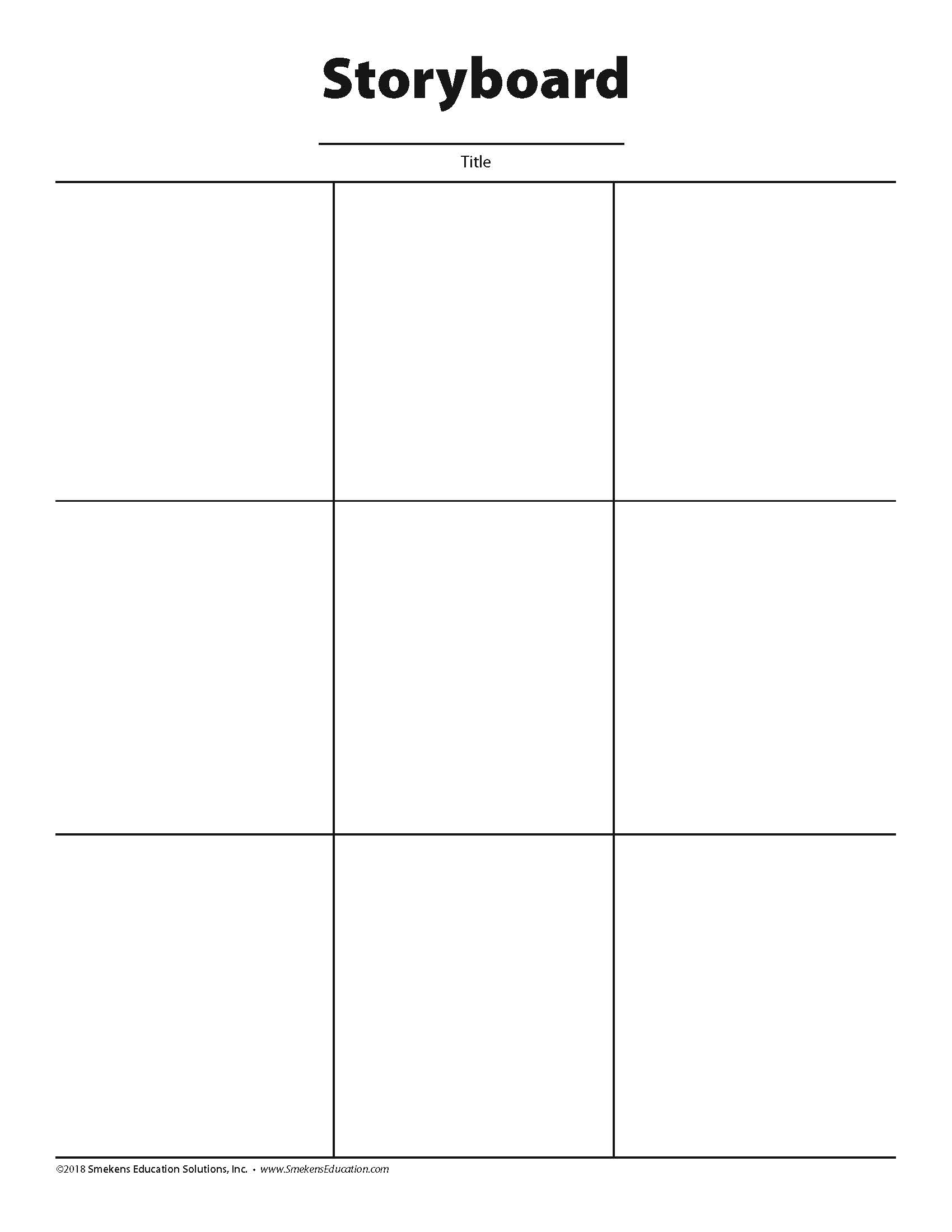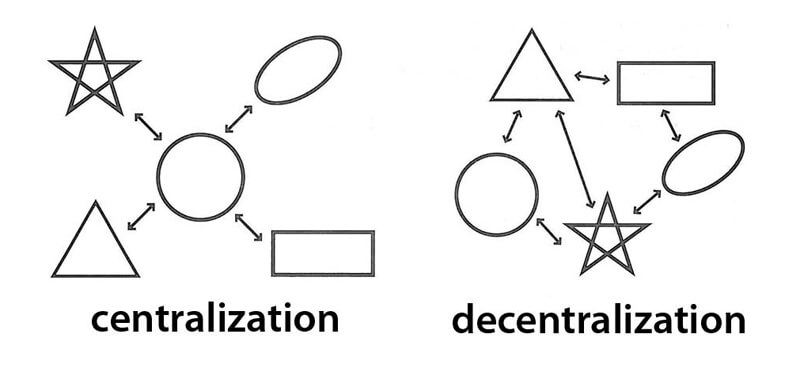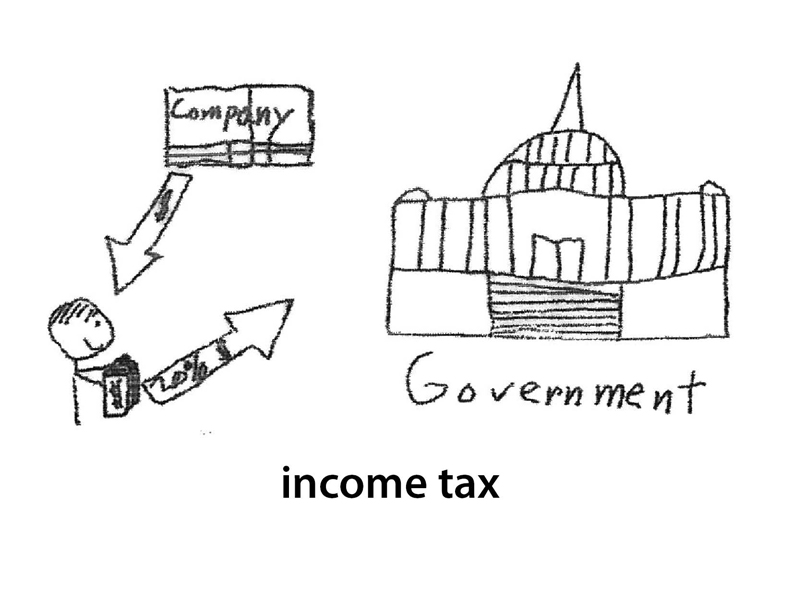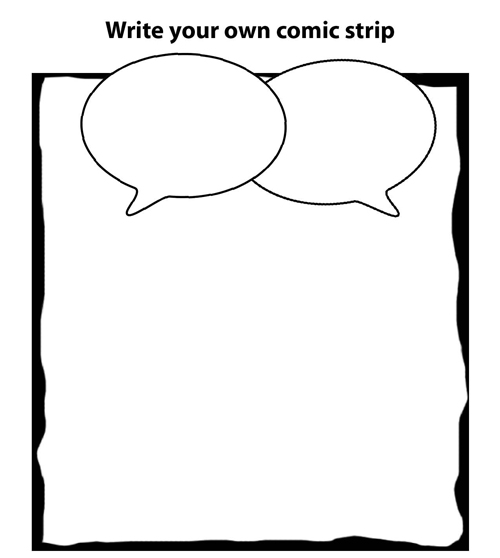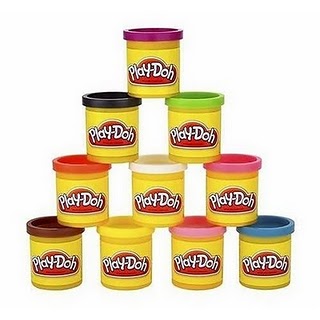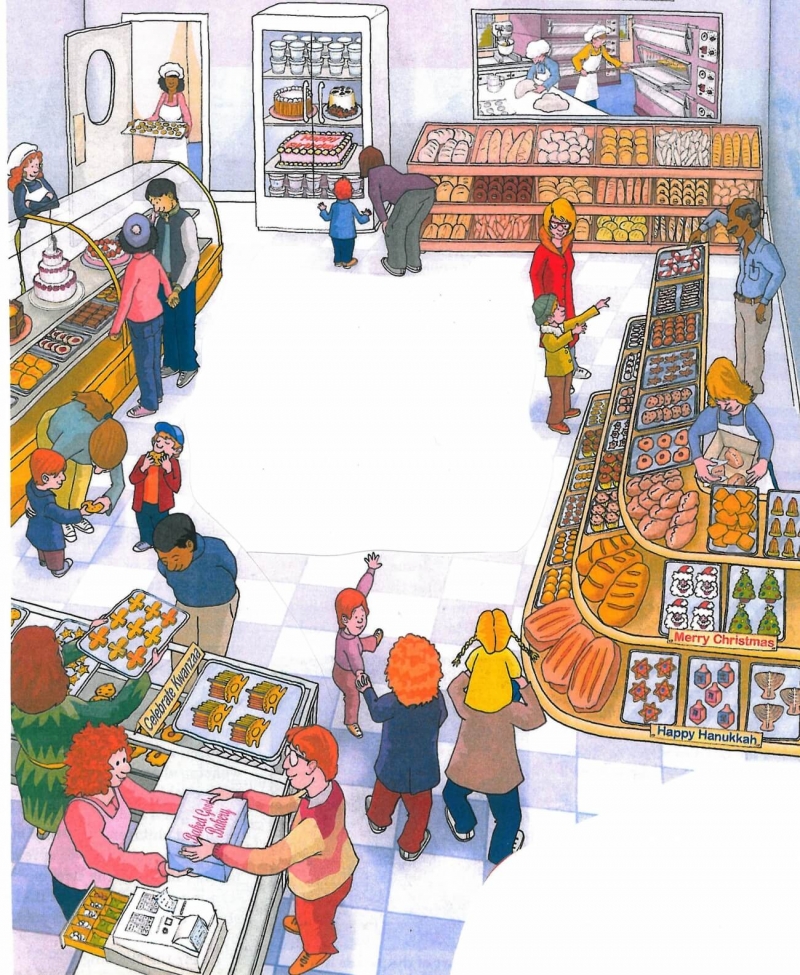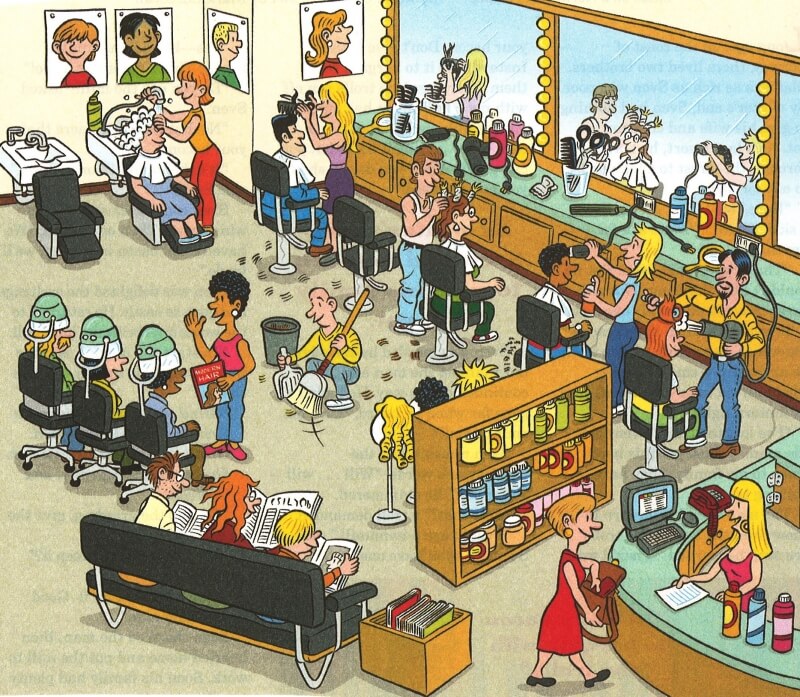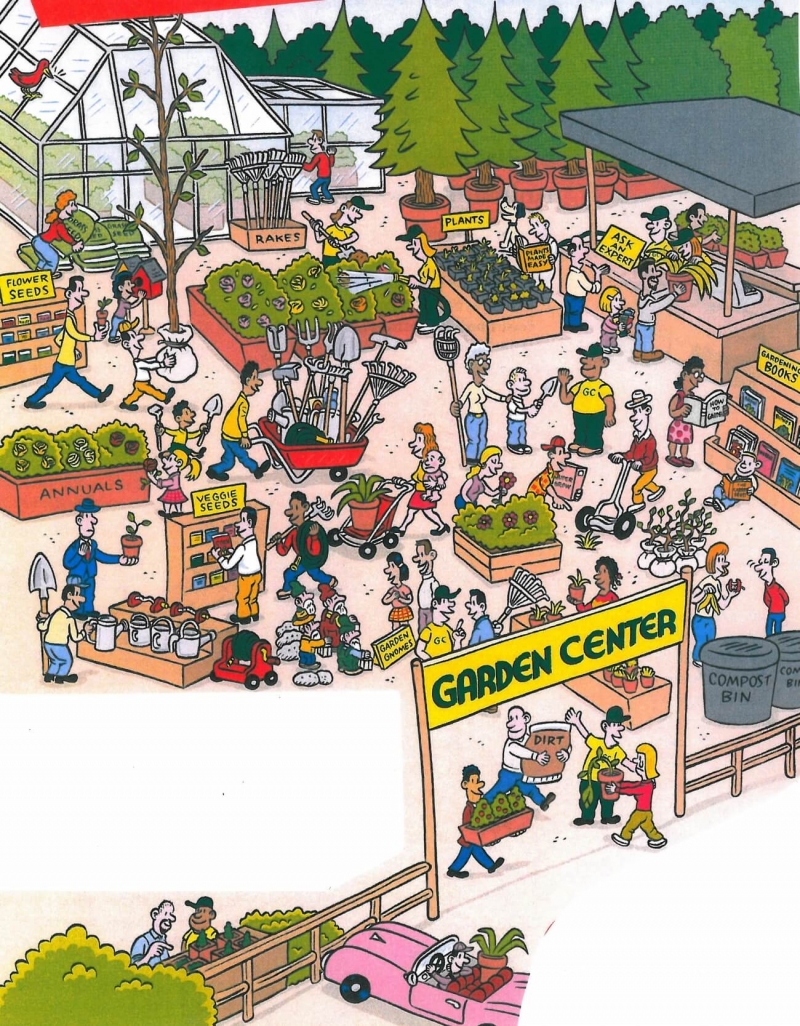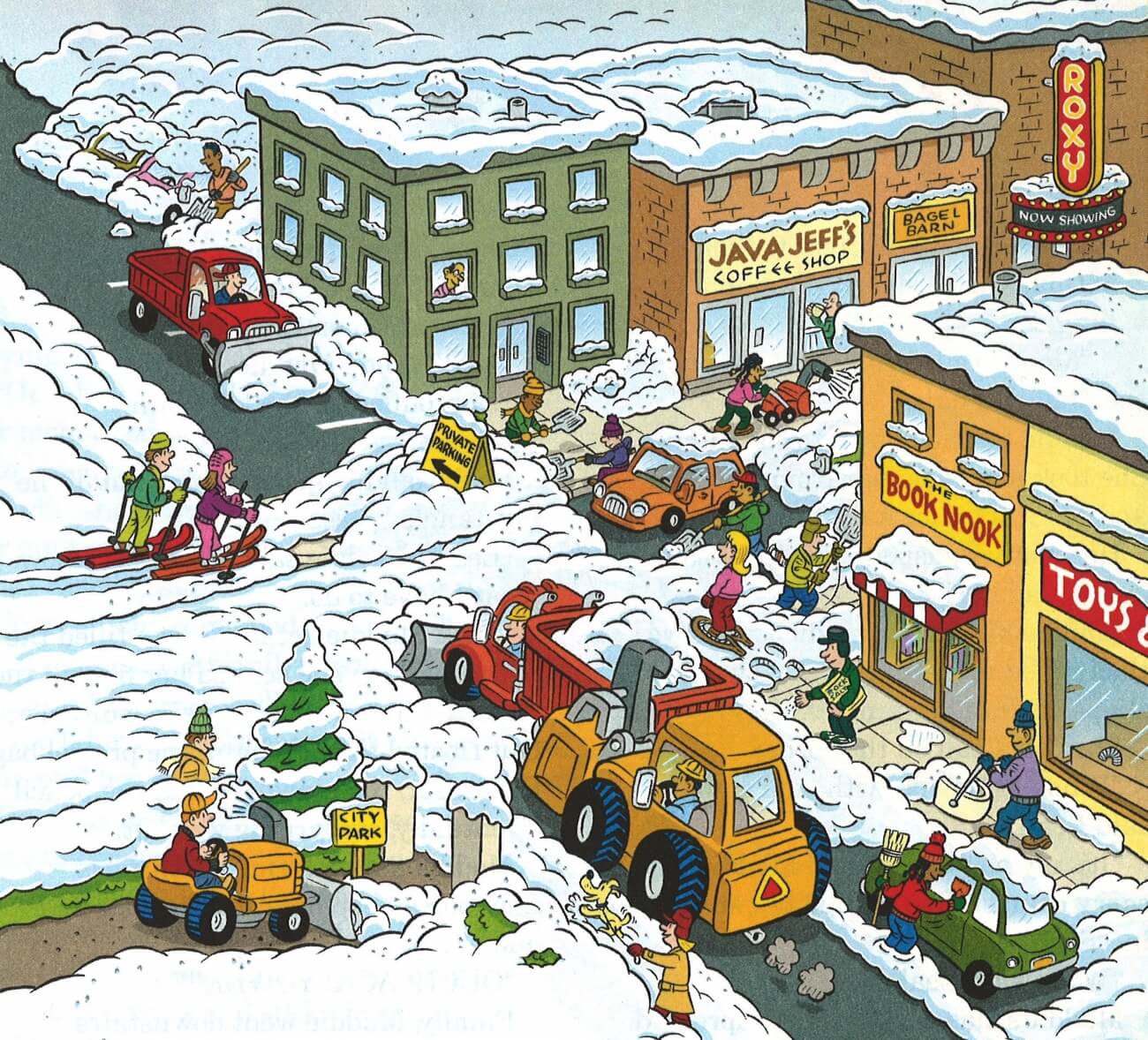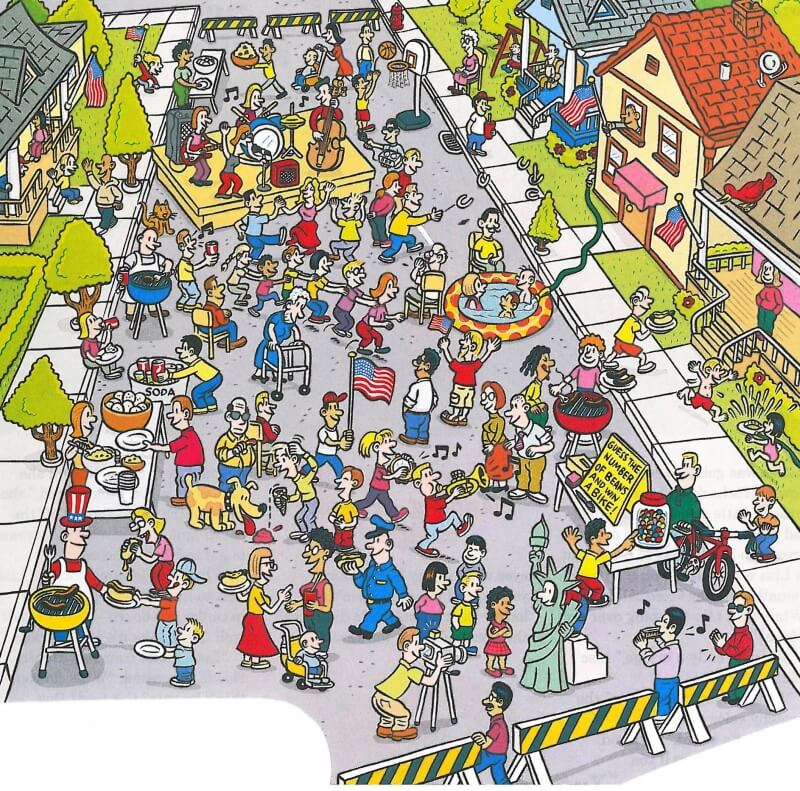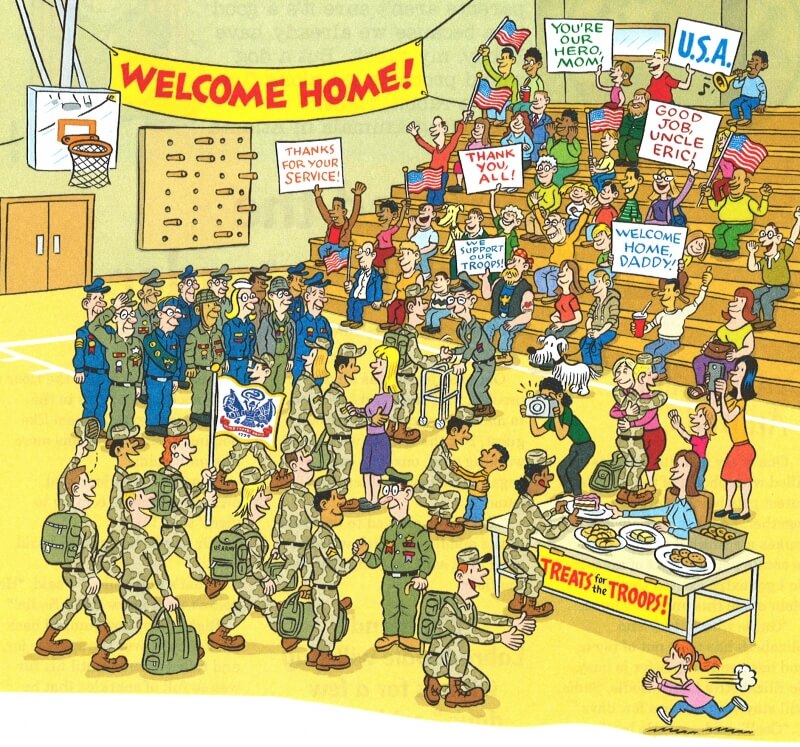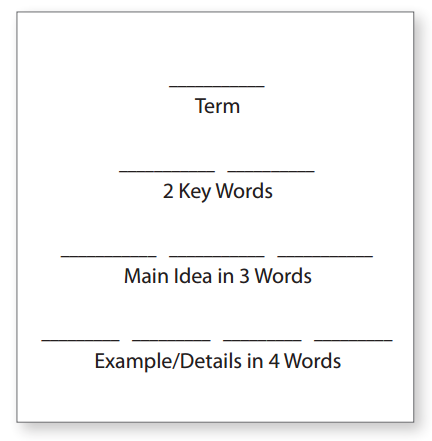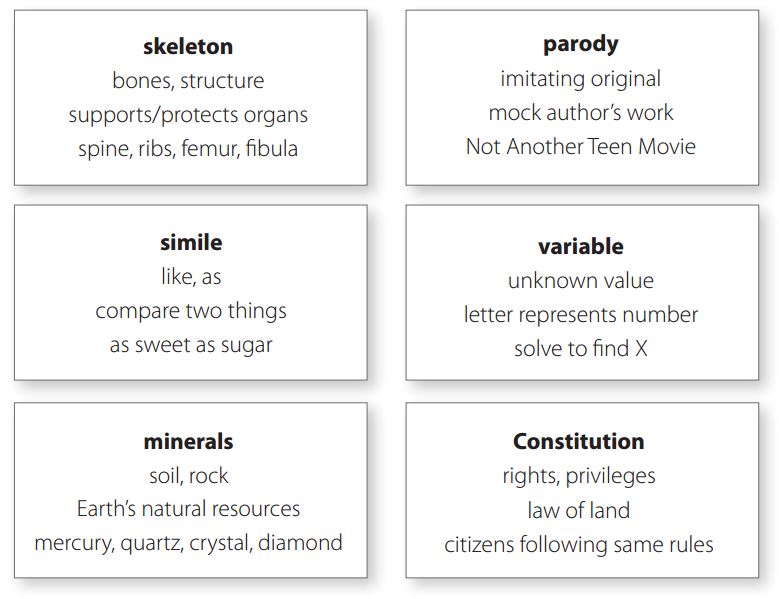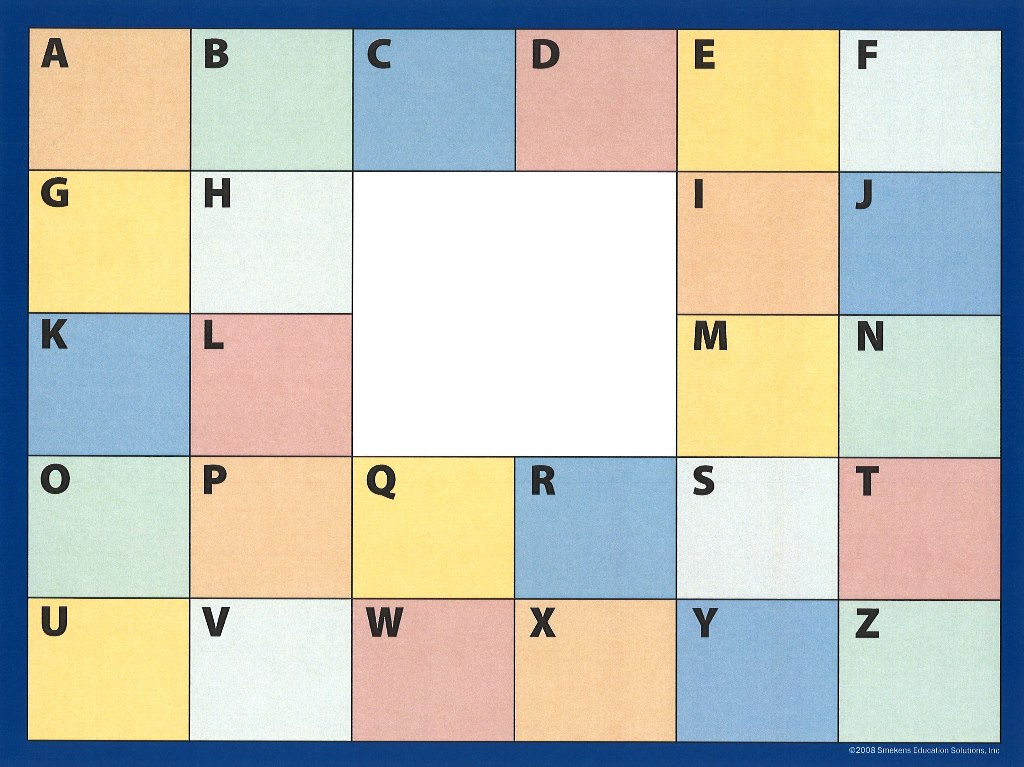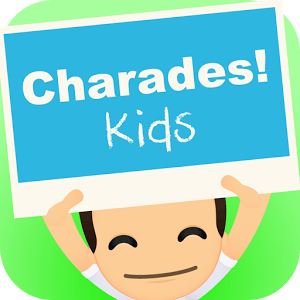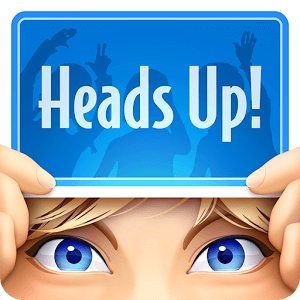Literacy Retreat 2017
SECRET SITE
Crack the Code of Functional Vocabulary
Employ strategies for Steps 1-6
Step 1: Explain
Students need to hear an informal definition of a term presented in kid-friendly language. This includes a link or connection between the word and the students’ background knowledge.
When first exposing students to a new word, check their level of background knowledge by using the Finger Rubric.
Students could record their growing level of understanding using the light bulb rubric.
Provide kid-friendly examples. Students need to hear an informal definition of a term presented in kid-friendly language. Then they will need clear examples of how this term is used in their world, so it’s important to offer examples that relate to students’ background knowledge.

Step 2: Restate
Students are progressing in their understanding when they can accurately restate the meaning of an academic vocabulary word in their own words.
The students can use all the same strategies the teacher used in step 1 to restate the words. Choose from the menu of strategies for Steps 1 & 2.
Step 3: Show
Students depict the meaning of a word visually. This cements the academic vocabulary into their memory.
Search images digitally.
- Utilize Google images for photographs.
- Add “clipart” to an advanced search for graphics.
- Select from a clipart program.
Draw a visual representation of the word’s meaning.
Teach students five ways to draw or depict the meaning of a term over multiple lessons or days.
Step 4: Develop
Students’ understanding deepens as they apply the word in various contexts.
- Break the word down to look at word parts.
- Practice using vocabulary words by writing sentences.
- Use essential vocabulary terms in a variety of sentences.
- Create charts and tables to compare words.
- Write acrostic poems to expand understanding of a word.
- List synonyms/antonyms for the word.
- Show multiple connections on an ABC Chart.
Step 5: Refine
Conversations in pairs, groups, or as a whole class focus on sharing and comparing their understandings. Peer interaction allows students to express their thinking and refine their overall understandings.
Conduct a picture scramble.
Groups compete to find evidence of vocabulary words within a busy scene. Download all six as an 11×17 PDF in order to print them out and use in class. Or, click on each image below to save as a JPEG.
Complete an information pyramid.
Students customize their understandings by completing an information pyramid with no one right answer.
Generate ABC lists.
The poster-size ABC Chart is great for larger concept words with many other terms or details associated with them. Download the same chart in a variety of formats.
Act out the Freeze Frame.
Students brainstorm ways to “show” the term in a physical position, stance, gesture, or movement. They strike a pose or Freeze Frame to express the important ideas. The group reveals the action and peers interpret the connections to the word’s meaning. Take a photo and add it to the vocabulary notebook as an addition or revision of the meaning.
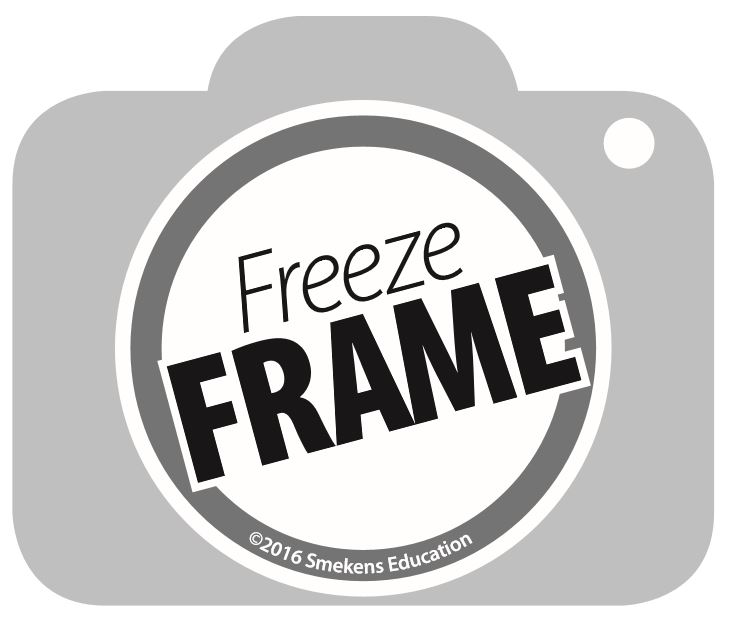

Step 6: Play
Spur students on to apply their vocabulary knowledge through moderate to intense competition. Fast-paced activities help advance recall from deliberate to automatic.
Taboo obvious words.
Just like the game, students have to get their class/team to guess a relevant content-area term—without using the most common words associated with it. In italics are a sample list of terms for review. The words after the colon are all taboo and cannot be used when giving clues to teammates.
- genre: topic, category, theme, types
- diameter: circle, across, radius, distance
- magnify: larger, bigger, enlarge, blow up
- multiple: multiply, many, times, several
- grammar: vowels, words, parts of speech, language, proper
- persuasive: persuade, encourage, manipulate, make, influence


Charades Kids! Free app with categories like State Capitals and an option to customize your own deck.
Heads Up! Guess the word on the screen from your friends’ clues before the time runs out!
Check out a few more game resources.
- Action-Packed Vocabulary Review Strategies
- Vocabulary Games & Activities That Boost Reading and Writing Skills

